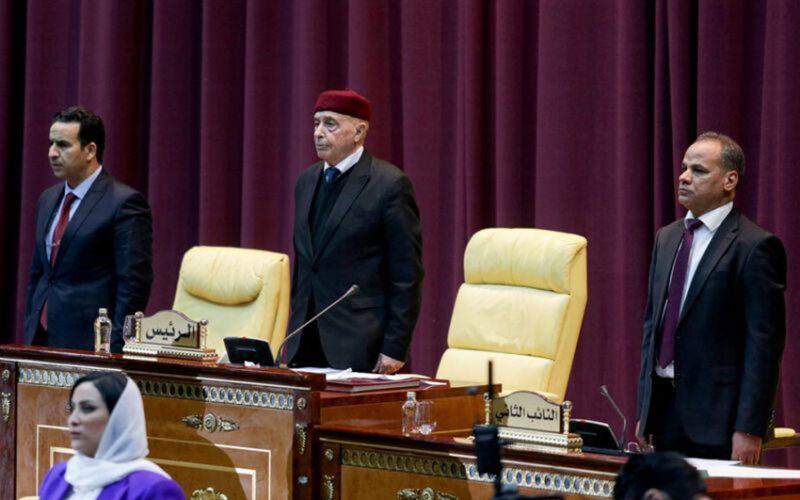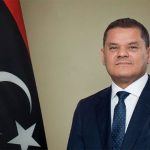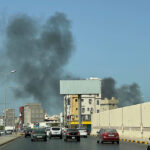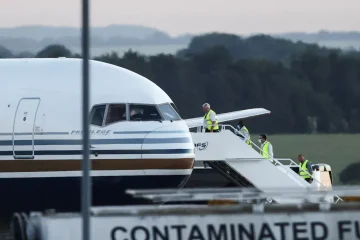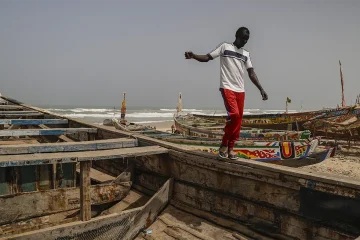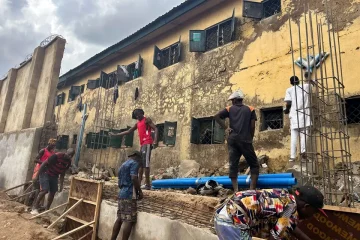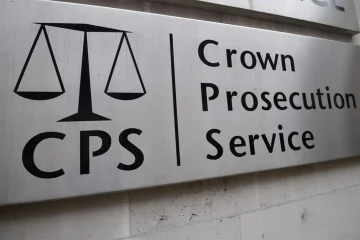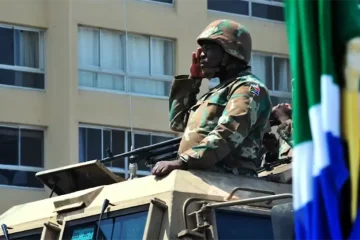AYMAN AL-WARFALI
THE opposing factions of Libya’s divided parliament met in a frontline city on Monday for the first time after years of war and chaos, to debate a proposed unity government to oversee national elections this year under an international peace plan.
More than 130 parliament members have travelled for the session to Sirte, a city battered by repeated battles since the 2011 NATO-backed rising against Muammar Gaddafi that left Libya with no strong central government for a decade.
The city is now held by Khalifa Haftar’s eastern-based Libyan National Army (LNA), which retreated there last year after failing to capture Tripoli in the west.
The lawmakers will debate approving a government formed by Abdelhamid Dbeibeh, selected as interim prime minister at a forum held by the United Nations in Geneva last month.
His government would lead the country to presidential and parliamentary elections in December, replacing both the U.N. recognised, Tripoli-based Government of National Accord (GNA) and a rival eastern administration backed by Haftar.
The parliament members are expected to debate the government on Monday but not vote on it until Tuesday at the earliest.
“We will strive to overcome many hurdles and obstacles,” said parliament speaker Aguila Saleh, one of the losing candidates in the Geneva talks for a leadership role in the interim administration.
If the parliament, divided between eastern and western factions since soon after its 2014 election, does not ratify Dbeibeh’s government, the U.N.’s political forum said it could instead approve the cabinet itself.
Speaking at Sirte airport as he arrived on Monday for the parliament session, Dbeibeh said it had been “harder than scaling steep mountains” to form a government to balance Libya’s geographic and ideological groups.
His cabinet has 35 members, allowing him to dole out ministerial portfolios – with the patronage opportunities they offer. But the cabinet’s large size, combined with allegations of corruption in the process that chose him, could undermine his government’s legitimacy.
Libyans are hoping for a restoration of basic state services wrecked by years of war and political chaos.
“There’s no petrol, there’s no cooking gas, there’s no cash,” said Mohammed Saleh, 40, a Sirte resident in a city cafe.
However, since fighting between the GNA and LNA stopped last year just west of Sirte, bombs have stopped falling, he said.
“We hope they will approve the government,” he added.

